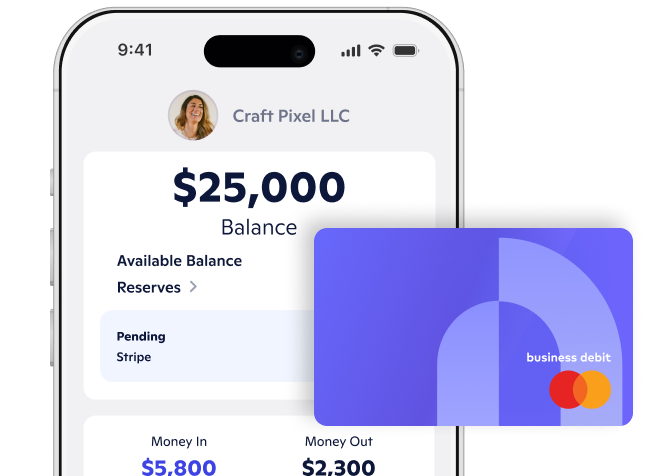
his is a general information article on how to form an LLC and not legal or tax advice. Should you need any counsel or advice please consult a CPA or attorney.
As you look to start your business, you may be considering how to best structure your business for liability protection and long-term success. LLC is a type of business that is similar to a corporation. Just like a corporation, an LLC gives personal liability protection to business owners who are referred to as ‘members’. Unlike a corporation, an LLC is more flexible in terms of managing and tax. The business income and losses can be shared among the members of the company.
An LLC may have its own bank account and assets. It can file a lawsuit and also get sued by someone else, can sign leases, other types of contracts and also loan documents. Limited Liability Company members are not personally responsible for business obligations and debts because an LLC is a lawfully separate entity. How an LLC company pays their income tax depends on whether the LLC has one member or more.
The advantages of an LLC include:
- It prevents you from double taxation(in most states)
- It protects your personal assets from lawsuits and creditors
How to form an LLC by state
1. Decide where you want to form your LLC
To form an LLC you must file paperwork with the state in which your small business is operating. It’s ideal to form your LLC in your home state because it will be the place you’ll be running your business. There are tax and organizational benefits to registering your business in some states. If you currently reside in California, there's a high possibility you’ll be running your business in California, regardless of which state to form your LLC you choose. That means you’ll either form an LLC in California in the very beginning or you could file for out-of-state LLC or a foreign LLC in California. The latter will result in more fees to pay and LLC filing which is unnecessary. To avoid this, you can keep things simple by forming an LLC in your home state.
Compared to other states, forming an LLC in Delaware is simpler. The state requires minimal information and they don't need your personal data. This means that you don’t have to worry about your identity being made public. You also don't need to file annual reports on your activities.
There’s an annual minimum franchise tax fee of $800 if you register your LLC in California. Also, If your LLC’s yearly gross revenue is more than $250,000, you have to pay extra annual fees.
2. Pick a Name for Your LLC
Requirements vary from one state to another, but the important rule when choosing a name for you LLC is to make sure the name you choose is not the same as another business in your state. Most states prohibit the use of certain words such as ‘insurance.’ Check with your local state laws to know exactly the rules for naming your LLC.
3. Issue a Notice in the Local Newspaper
Depending on the requirements of your state, you may be required to issue a notice in your local newspaper announcing your plan to form an LLC. This should be done before you file your Articles of Organization. Kindly consult with the Secretary of State to be sure.
4. Submit the Articles of Organization Form
You’ll have to send the completed documents to your Secretary of State with the relevant filing fees. Depending on the state, the fees are between $40 to $900. Some states may have a corporate tax that should be paid separately to the filing fees but is paid together at the time of filing. For example, the California filing fee is $70 but the annual tax is $80.
5. Choose a Registered Agent
To stay in good standing with the state you’ll need a registered agent. The registered agent will be the person to receive lawsuits and official documents on behalf of the LLC. Each state has its own registered agent requirements, but generally the registered agent should be at least 18 years old or a company that provides statutory agents services. He or she must have an address in the state to enable them to receive documents and must be available during business hours.
6. Licenses, Banking and Other Business
When your LLC is finally official, you can acquire a federal tax ID number and set up a business bank account. Depending on your business, you may have to register the LLC and business license with local and state taxing, and permitting authorities. And if you’re running your business in multiple states, you'll have to register to do business in those states.
Conclusion
To form a corporation or LLC, it’s vital to follow your state’s requirements. Once your LLC is established, you’ll gain paramount protection for both yourself and your business.






